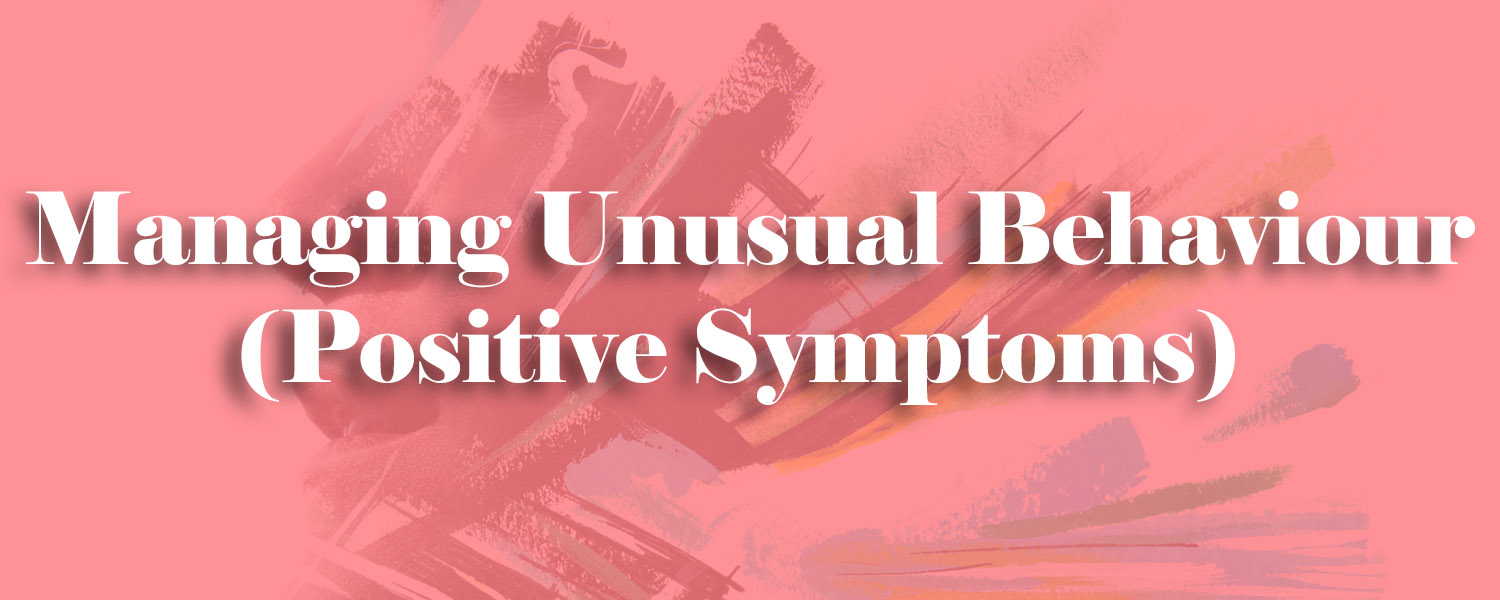
Hallucinations
A hallucination is a perception that does not have a corresponding source in reality.
The person might…
See / Hear / Touch / Smell / Taste / Feel something that isn’t there.
The most common in psychosis is ‘hearing voices’.
Hearing voices is quite a common experience, in the general population and for the most part, not a sign of psychosis. For some people, hearing voices is a positive experience, and they may even find the voices comforting or enjoyable. This is most likely when the voice is perceived to be coming from a friendly or supportive figure. In psychosis, however, hallucinations tend to have qualities that make them hard to bear including:
- Frequent and difficult to control
- Refer to upsetting, personal or abusive themes
- Usually seem to come from outside the person and feel very real
- Make the person feel depressed, anxious, controlled

Watch Professor Jo Smith explaining hallucinations
Why do hallucinations happen?
Hallucinations in psychosis seem to be caused by a breakdown in the ability to distinguish internally generated experiences from perceptions received from the outside world.
Brain scans show that hallucinations use the same region of the brain as normal perceptions. So for example an internally generated thought, is heard as an external voice. To the person experiencing them, they are a real perception, not their imagination. Because voices seem completely real to the person it’s normal for them to seek an explanation. This can often result in them developing delusional explanations, such as conspiracies, spirits or technological devices.
Although the voices can be confusing to the person they sometimes reflect their life situation, their fears or their moods and stresses. Voices and other psychotic symptoms tend to get worse or even be brought on by stress or conflicts with other people.


